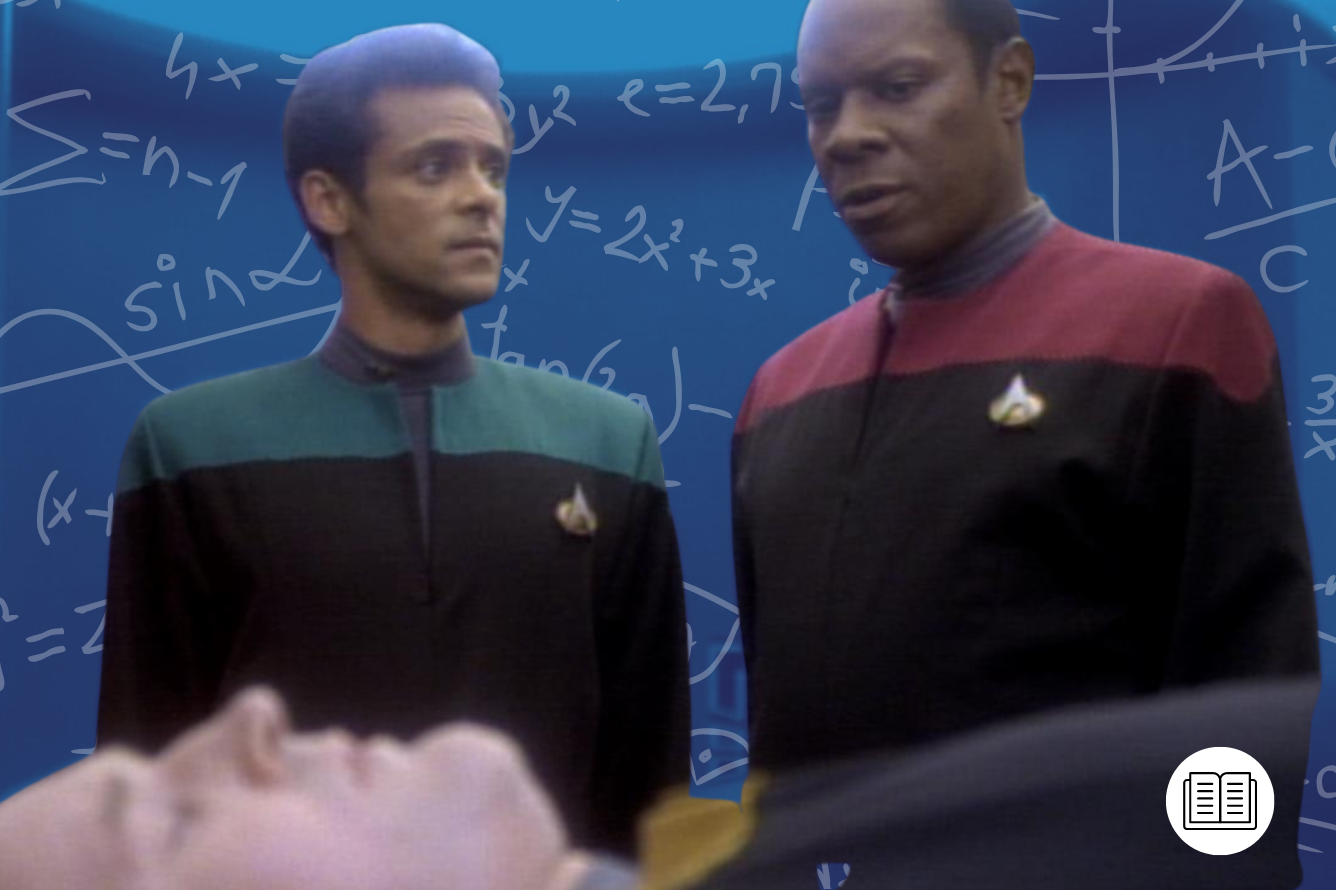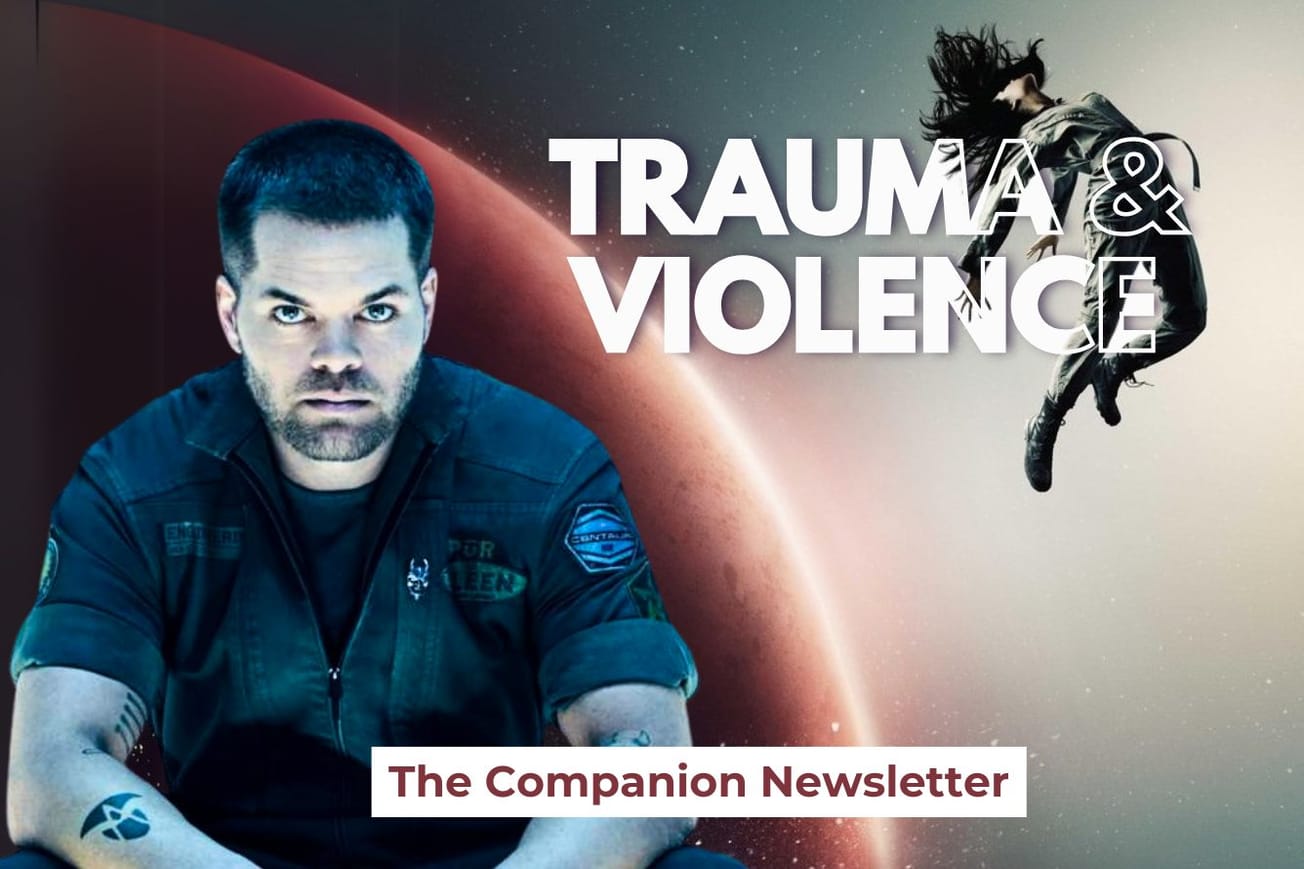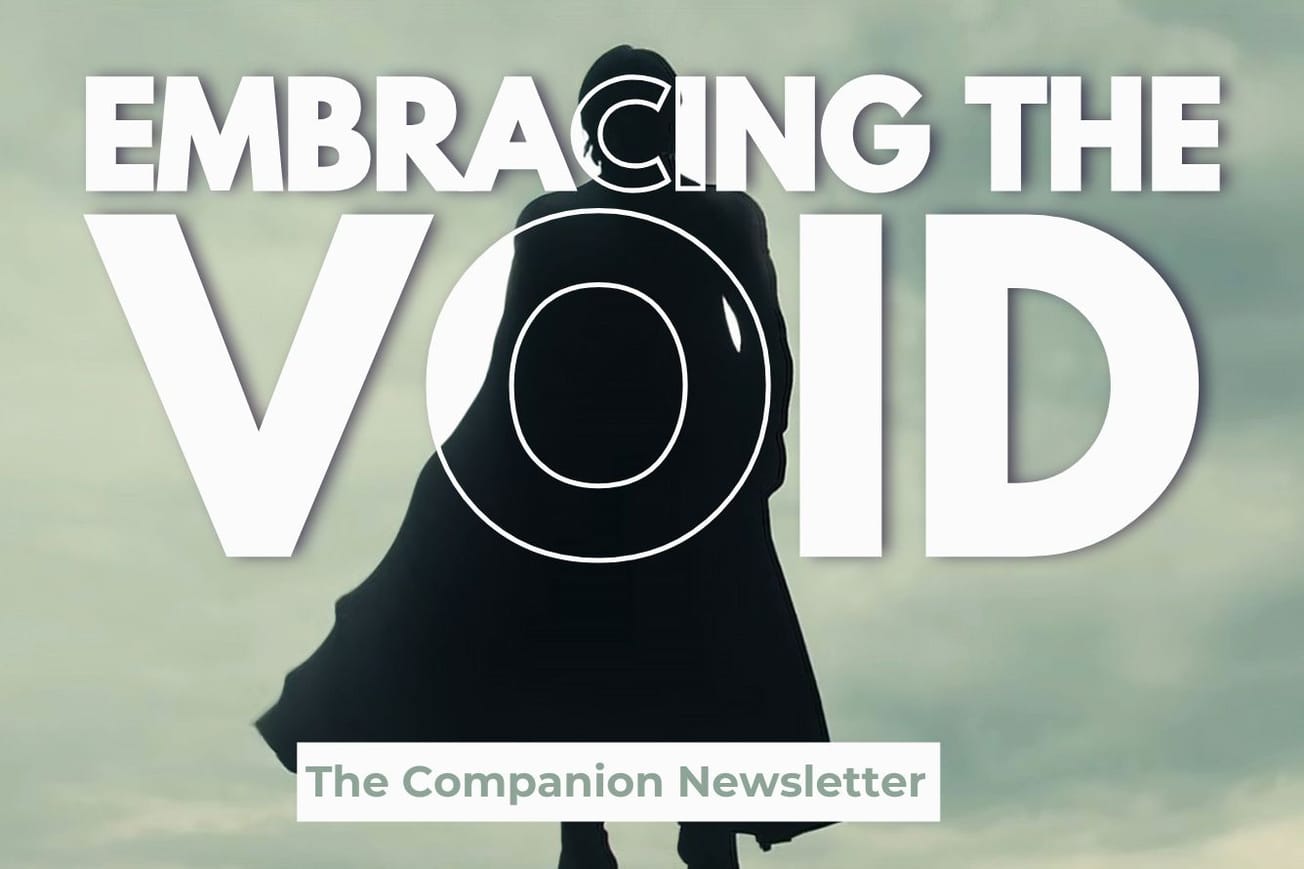Star Trek is full of horrifying viruses. The Taresian mutagenic virus turns people into Taresians, the Omega IV virus turns people into crystals, and the nanoprobe virus turns people into members of the Borg collective.
In comparison, the ‘word virus’ in the Star Trek: Deep Space Nine episode ‘Babel’ (S1, Ep4) doesn’t sound as scary, jumbling up the crew’s speech and reading abilities. But as the episode unfolds, it has chilling consequences, leading to confusion, chaos, and, ultimately, death.
However, that’s not the only reason I find ‘Babel’ a tense, challenging, and vital watch. Strip away the space station, alien races, and Starfleet uniforms, and DS9’s ‘word virus’ is extremely similar to aphasia, a disorder that currently affects more than two million people in the US.
The Word Virus in ‘Babel’
Miles O’Brien (Colm Meaney) is the first member of the DS9 crew to be afflicted by the ‘word virus.’ “He appears to be suffering from a form of aphasia,” Deep Space Nine’s Dr. Julian Bashir (Alexander Siddig), explains. “It’s a perceptual dysfunction in which aural and visual stimuli are incorrectly processed by the brain.”
The Doc initially thinks it may have been caused by a stroke or blow to the head, but when other crew members begin displaying the same symptoms, he identifies the origin: a virus. “We were dealing with a disease that only mimics aphasia,” he explains.

The episode escalates quickly with more people developing aphasic symptoms—although there’s little consistency in transmission, the virus moves at ‘the speed of plot.’
We later learn that the virus originated in a replicator and was planted nearly 20 years before by Bajoran rebels hoping to infect the Cardassians during their occupation. A stark reminder that Deep Space Nine’s traumatic and violent legacy is still ‘alive,’ and the crew must reckon with it—both metaphorically and, in the case of the episode ‘Babel’, literally.
The Frustrating Reality of Aphasia
To find out more about whether the ‘word virus’ we see on screen is like aphasia in real life, I spoke to Dr. Deborah Hersh, a Professor of Speech Pathology at Curtin University. She specializes in aphasia and post-stroke rehabilitation.
First, we need to get clear on what aphasia is. Hersh explains that, although there are different definitions and types of aphasia, it can be defined as: “a disorder of language following damage to the areas of the brain that normally manage language.”
What’s important to understand here is that certain types of aphasia—like the one in the Star Trek: Deep Space Nine episode ‘Babel’—aren’t about problems with speaking. “People’s physical production of speech may sound clear, but they have real difficulty finding the words they want,” Hersh says.

That’s why she makes it clear this isn’t a disorder of intelligence and suggests that the best way to understand it is with an analogy.
Imagine you’re in a country where you don’t speak the language and can’t read their script. “You know what you want to say, but the messages back and forth are difficult,” Hersh says. “People with aphasia may end up trying to gesture what they want, or point to something, or try and draw a picture of it, just as you might in this situation.”
Importantly, it’s not about memory either. You don’t forget the words. You just can’t find the right ones. “It’s like a ‘tip of the tongue’ experience,” Hersh says. Which explains why it can be so very frustrating and upsetting.










